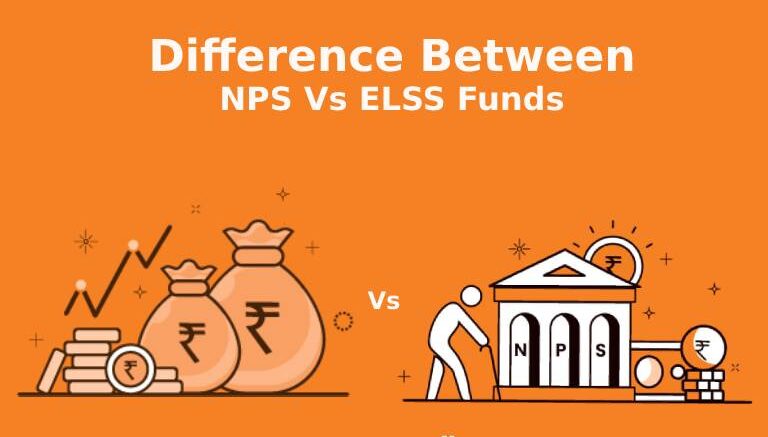NPS vs ELSS in India is a common debate for investors seeking tax-saving options under Section 80C. The National Pension System (NPS) focuses on retirement savings, while Equity-Linked Savings Schemes (ELSS) offer market-linked growth. Both are popular schemes. Which suits you? Let’s break it down.
NPS: Retirement with Stability
In the NPS vs ELSS in India comparison, NPS is a government-backed pension scheme blending equity, debt, and government securities. It offers 9-12% returns over a decade, per PFRDA data, with flexibility to adjust allocations (up to 75% equity). NPS locks funds until age 60, with 40% mandatorily annuitized. It provides ₹1.5 lakh deduction under Section 80C and an extra ₹50,000 under 80CCD(1B). However, limited liquidity makes it less flexible. Read more about “National Pension Scheme” on Artho Shots.
ELSS: Market-Linked Growth
ELSS shines in NPS vs ELSS in India for wealth creation. These equity mutual funds invest in stocks, averaging 12-15% returns over 10 years, per SEBI data. For example, Mirae Asset ELSS Tax Saver Fund targets large and mid-cap stocks. With a 3-year lock-in, ELSS offers better liquidity than NPS. It qualifies for ₹1.5 lakh under Section 80C, but a 2024 Nifty dip of 5%, per IBEF, highlights market risks. In addition, SIPs make ELSS accessible. Read more about “ELSS” on Artho Shots.
Risk, Returns, and Taxation:
NPS vs ELSS in India differs in risk and taxation. NPS balances risk with debt and equity, but partial withdrawals are restricted. ELSS faces higher volatility—mid-cap ELSS funds fell 8% in 2024, per AMFI—but offers full redemption post-lock-in. ELSS gains are taxed at 20% short-term (under 1 year), 12.5% long-term (over ₹1.25 lakh); NPS withdrawals (60%) are tax-free, but annuities are taxable, per SEBI. Moreover, ELSS expense ratios (1-2%) are higher than NPS fees (0.1-0.5%), per Economic Times. In 2024, equity inflows hit ₹2.2 lakh crore, per IBEF.
Which Suits You:
Choosing between NPS and ELSS depends on your financial objectives:
- Opt for NPS if you’re focused on long-term retirement planning and seek stable returns with tax benefits.
- Choose ELSS if you’re aiming for higher returns with a shorter investment horizon and are comfortable with market volatility.
Conclusion:
In conclusion, NPS vs ELSS in India offers distinct paths—retirement focus or market-driven wealth. Each have their merits. f you’re looking for higher tax deductions and a structured retirement plan, NPS may be the better choice. However, if you seek higher returns with more liquidity and a shorter investment horizon, ELSS could be more suitable. Align your choice with your horizon and risk appetite. Ready to invest smartly? Explore more insights now!
– Ketaki Dandekar (Team Arthology)
Read more about NPS or ELSS here – https://cleartax.in/elss-nps
